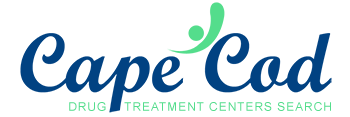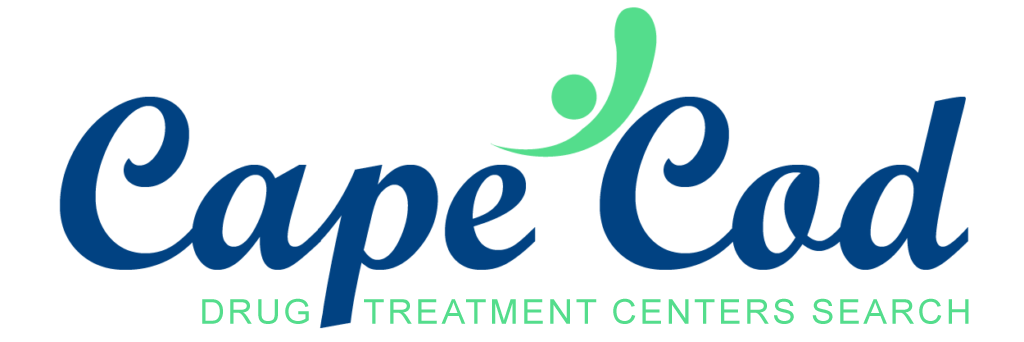Did you know substance use is more prevalent among people who are experiencing stressful changes in their lives? Times of transition such as moving to a new school, divorce, sickness or the death of a family member can all cause stress that becomes unbearable. People often look for something to calm them down or help them escape the trappings of stressful situations. Adolescents are one group that is at high risk during times of stress because their body is going through hormonal changes that affect them in many ways. And because their brains are not fully developed yet, they stand a good chance of making the wrong decisions when confronted with pressure. Helping youth transition through difficult times is a part of substance abuse prevention that we should all be aware of.
Recognize Substance Abuse Prevention
Children may encounter the use of cigarettes and alcohol for the first time when they are attending middle school. Teens entering high school often encounter the use of drugs and alcohol by their classmates. The availability of drugs may increase during high school and peer pressure may also mount. Many teens who want to fit in with the crowd are open to trying new things and many will exhibit risky behavior. For those teens that are into sports and bodybuilding, the idea of improving their game or physique by taking steroids seems to be a good option too. Their desire to improve their situation may override their ability to make the right choices.
The National Institute on Drug Abuse indicates that many children under the age of twelve are already abusing substances. Many of these children are considered a high risk for substance abuse from risk indicators such as:
- Have mental disorders
- Have family problems
- Are abused or neglected
- Have experienced violence or trauma
- Have health problems
- Live in poverty or are homeless
- Have behavioral disorders and are rebellious
- Have committed a crime
- Have a poor academic record
- Have poor social skills
Structure of the Programs
Substance abuse prevention programs are designed to increase protective barriers and reduce or eliminate the risk factors involving substance use. Programs are developed for different age groups and can be performed individually or in a group. There are three categories of substance use prevention programs:
- Universal programs
- Selected programs
- Indicated programs
Research has shown that when each program is properly executed there is a reduction in the use of tobacco, alcohol, and drugs. These programs are most often utilized by parents, schools, community organizations and health care professionals. They are designed to help children understand the dangers of substance use and destroy any myths that they may have. This type of education helps to form the correct perception of alcohol, drugs and cigarettes by teaching the facts. Once these facts are digested, most youth will not want to ever try using any of these substances. This is an excellent deterrent to stop substance use before it ever gets started.
The three core elements of evidence-based prevention programs are:
- Structure programs are made up of school or family type programs, and usually have a target audience such as high risk categories.
- Content programs are designed to reduce risk factors and build-up protective factors.
- Delivery is designed to use the core elements of the program but adapt it to the specific audience you are targeting.
Early intervention before high school is critical to the effectiveness and success of the prevention programs. Parents and guardians should also support their children by using their communication and mentoring skills to teach substance use prevention. With the support of the family and community, Drug Treatment Centers Cape Cod can help you and your loved ones. Just give our recovery advocates a call today at (774) 272-4322.


